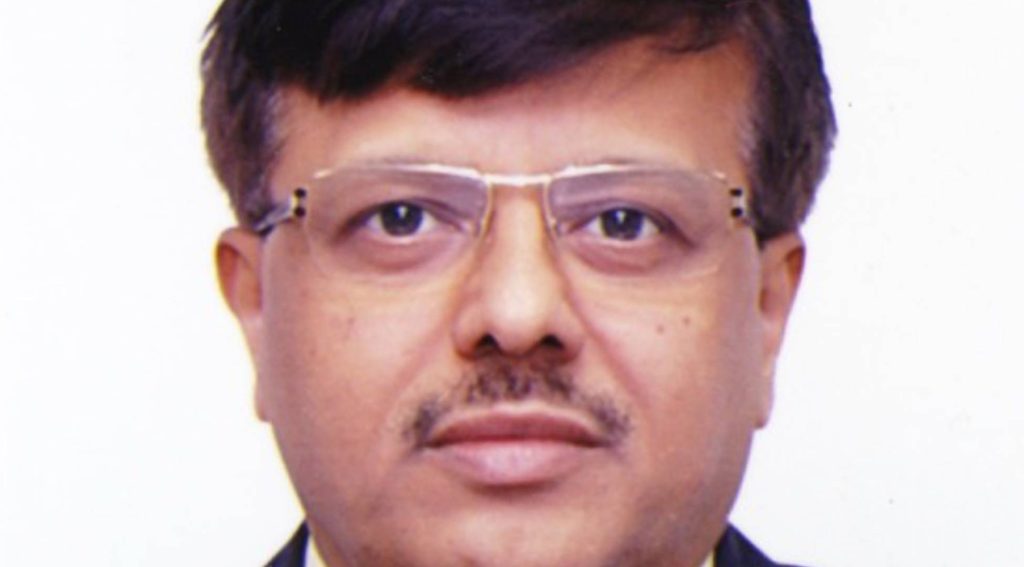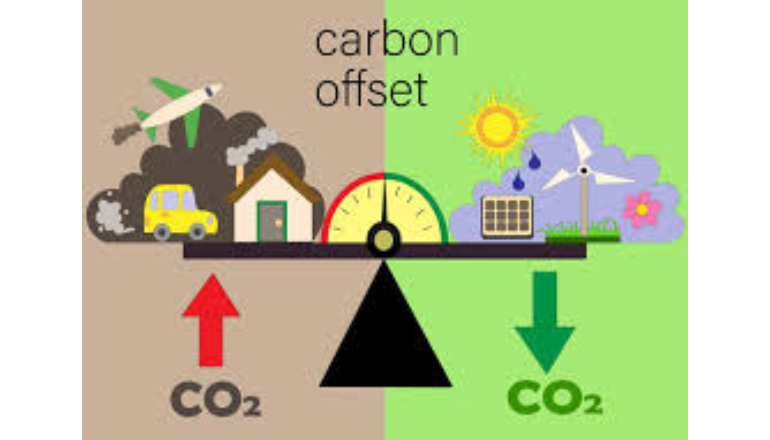Women are the torchbearers of an economy. For WNEs, they must be integrated into the mainstream economic activities. However, inadequate documentation and limited financial literacy hamper their progress, states Mr. SS Bhat, Chief Executive Officer, Friends of Women’s World Banking, India, in an interview with Sonal Desai, Managing Editor, ESGnews.earth.
Edited excerpts:
Friends of Women’s World Banking, or FWWB India, has recently released a report titled “𝗪𝗼𝗺𝗲𝗻 𝗖𝗲𝗻𝘁𝗿𝗶𝗰 𝗖𝗿𝗲𝗱𝗶𝘁 𝗦𝗼𝗹𝘂𝘁𝗶𝗼𝗻(𝘀). What are the three to five takeaways?
Based on the recent report on women-centric credit solutions for women nano-entrepreneurs, there is a need for collaborations among policymakers, guarantee providers, philanthropic capital providers, social enterprises, NGOs, and insurance companies to design innovative credit solutions for women nano-entrepreneurs, or WNEs.
The key takeaway of the study can be best described as below:
• Recognizing WNEs as a diverse group with different industries, growth paths (subsistence versus aspirational), cash flow problems and needs, vintage (years of operation), age, access to technology, and ownership of the company, all of which result in different financing needs
• All banking participants should aggressively work to disaggregate data by gender, then proactively analyze gender disparities within particular industries and segments to identify distinctive trends and covert biases.
• Incentivizing financial institutions to improve gender diversity in their teams.
• Scaling up and promoting innovative financing, such as quasi-equity-type long-term loans, by derisking mechanisms.
• Mitigating business risk through insurance coverage for the credit product.
Financial inclusion could boost global GDP by 2025, presenting a $700 billion revenue opportunity for banks and providers, but challenges persist for 13 million women-owned enterprises in India. What are the hurdles lending organizations face while disbursing loans to women-led enterprises?
According to our recent study, when lending organizations or financial service providers (FSPs) disburse loans to WNEs, they are primarily hampered by inadequate documentation, limited financial literacy, poor knowledge about credit products, and biased cultural attitudes or social practices (about borrowing and low credit borrowing).
Other obstacles to lending by FSPs include inadequate formalization of the business, a lack of end-to-end digitalization of the application process, and the absence of formal ownership of the business in the woman’s name (despite the fact that women run and manage it independently). These demand-side limitations frequently result in insufficient financial access, which hinders their economic prospects and capacity to expand their businesses.
Data plays a significant role in perception change. The critical need for perception change can only be met with the right set of data. There is a lot of data confirming women’s commitment and impact on projects if they are given equal opportunity and the outcomes of women-led projects both in the corporate sector and at the grassroots. Yet, women are facing an identity crisis like never before.
Gender-disaggregated data is a significant barrier to female entrepreneurs’ financial assistance. Analyzing gender differences within sectors can help create more inclusive programming and identify system biases, enabling FSPs to better support female entrepreneurs.
Among the data points that require periodic tracking and analysis are applications from male and female borrowers, age-based segregation, the mode of application receipt (online, BC, Direct, or offline), the guarantors (male and female), the applicant and co-applicant, secured and unsecured, the number of applications received and rejected, the tracking acceptance rate, the time required to process the application, the amount of loan sanctioned, the amount of loan drawn, the loan’s usage, repayment performance, reporting performance, etc.
For example, FSPs can optimize loan processing for women by analyzing data requirements and challenges, thereby serving different borrowers efficiently and tracking portfolio performance on a granular level.
This ignorance is not impacting women alone but is affecting the climate, India’s GDP and economy, agricultural output, etc.
True, a lot of awareness programs and supporting infrastructure have to be strengthened to enhance the role of women in any economic activity. Some of the studies indicate that closing the gender gap in Indian agriculture could increase farm productivity by 20-30%. Imagine what that could mean for nutrition, income, and national resilience.
Even in the area of entrepreneurship, women entrepreneurs can contribute two to three percent to the GDP if they receive the proper assistance and ecosystem support. This indicates that women have a lot of potential to pursue business endeavors.
The above statistics indicate that with the right support systems, enabling environment, networking opportunities, mentoring support, business incubation support, timely credit availability, and the development of women-friendly practices and credit products, women must be included in all spheres.
Women suffer the most from climate hazards, as can be seen from a climate perspective. Women are disproportionately burdened with walking farther for water, managing food shortages at home, and frequently eating last when drought strikes or floods destroy crops.
Consequently, a comprehensive strategy is required to assist women in becoming more mainstream. To guarantee that intended policy interventions are carried out correctly in the field, policy initiatives must be paired with strong execution capabilities.
This is part one of the interview. The second part will be published next week.













